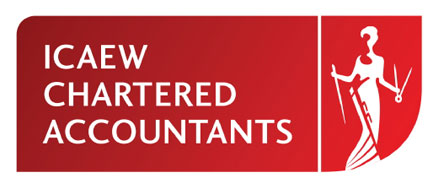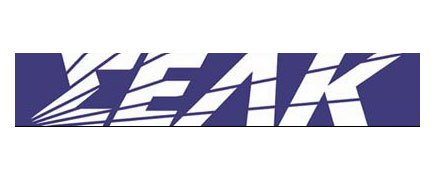EU Sues Ireland Over Apple Billions as Tax Tensions Flare Up
October 05,2017
Ireland is being sued by the European Union authorities for failing to collect a year-old bill of as much as 13 billion euros ($15.3 billion) from Apple Inc. in a move that risks escalating tensions over the nation’s tax policies.
The European Commission on Wednesday referred Ireland to the European Court of Justice for failing to recoup the Apple bill, which was first reported by Bloomberg News Monday. The money, which was initially due by Jan. 3, won’t be collected for another six months at least, the EU said.
“We of course understand that recovery in certain cases may be more complex than in others, and we are always ready to assist,” EU Competition Commissioner Margrethe Vestager said in an emailed statement. “But member states need to make sufficient progress to restore competition.”
In an order that reverberated across the Atlantic, the commission last year slapped Apple with a multibillion-euro bill, saying Ireland granted unfair deals that reduced the company’s effective corporate tax rate. While Apple and Ireland are appealing the decision, the country is still facing European pressure over its resistance to a new set of rules for taxing tech companies.
“The work on the establishment of the fund to deal with the unprecedented recovery amount will continue, notwithstanding the fact that the commission has taken this wholly unnecessary step,” the Irish finance ministry said in an emailed statement.
The dispute is part of a two-year-old crackdown by regulators on questionable tax deals — often involving American tech companies — throughout the EU. On Wednesday, Vestager also ordered Amazon.com Inc. to pay 250 million euros ($294 million) plus interest in back taxes to Luxembourg.
In the Irish case, until the money is recovered, Apple continues to get an illegal advantage, Vestager said.
Part of the delay may stem from negotiations over the terms of the escrow account, as Ireland sought a guarantee to make sure it isn’t liable for any drop in the value of the fund while the appeal winds its way through the EU courts. In the end, it was agreed that Ireland and Apple will jointly choose investment managers, a decision which could sidestep the need for a formal indemnity agreement.
If the challenge, which could take as long as five years, is successful, the money will be returned to Apple.
If the commission considers an EU state has failed to implement a recovery order in a state aid case, regulators can sue at the bloc’s courts in Luxembourg. Judges would then rule on the alleged non-compliance and can issue a fine.



